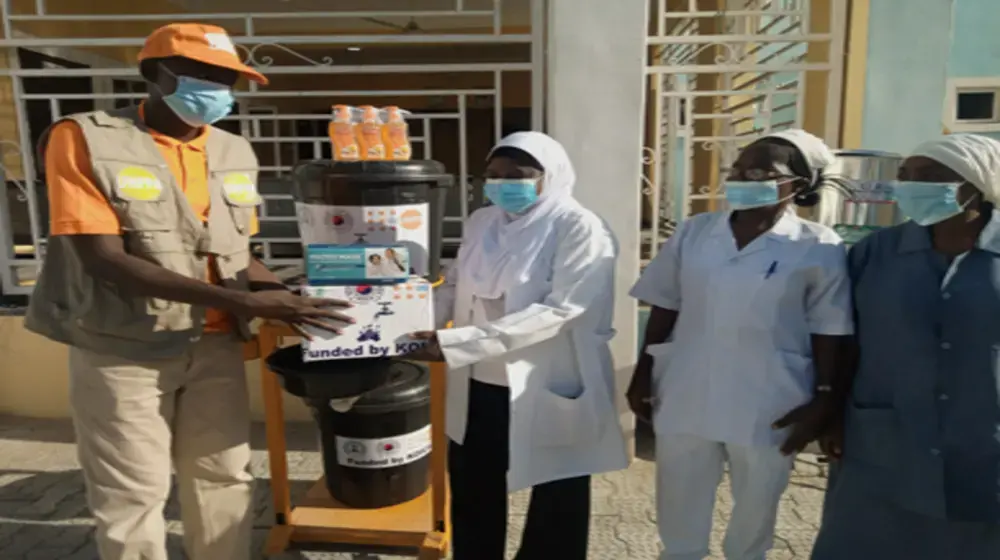UNFPA NIGERIA NORTHEAST HUMANITARIAN SITUATION REPORT SITREP
The Northeast humanitarian crisis has pervaded Borno, Adamawa, and the Yobe States since July 2009 with Borno as the epicenter. The violence which saw armed opposition groups fighting the Nigerian army forced many families and individuals to flee from their homes, with displacement and untold hardship for a large segment of the population. Infrastructure such as health facilities, markets, water supply, and roads was damaged or made inaccessible. Over the last 10 years, while annually structured humanitarian interventions by the humanitarian community have led to a reduction in the burden of earlier quantified need, new displacements from sporadic attacks by Non-State armed groups and counter military operations continue to lead to new displacements with new camp arrivals ever so incessantly.
The majority of the displaced are women and children who heavily depend on humanitarian assistance for survival. INTRODUCTION 26M Population 80% IDP from Borno CRISIS CRISIS LOCATION PERIOD Boko Haram insurgency and counter-insurgency conflict, Nigeria BAY (Borno, Adamawa, and Yobe) States April - September 2020 T Mini ambulance and riders SITREP #2/2020 NIGERIA NORTHEAST HUMANITARIAN SITUATION REPORT t is estimated that 7.9m people require humanitarian assistance in the year 2020 of which 5.9m of them (23% being women and 57% children), are targeted for assistance across the BAY States. Although the amount of humanitarian aid has increased in the last few years, gaps in support of displaced communities have not been adequately addressed. Many areas of Borno remain very insecure and inaccessible today, which makes assisting difficult. This difficulty was compounded in the 2nd quarter of 2020 with the outbreak of the COVID-19 pandemic. DISRUPTIONS FROM COVID-19 PANDEMIC:
The outbreak of the novel Coronavirus disease (COVID-19) pandemic abruptly changed the world with the global data at the end of September 2020 showing that 218 countries and territories had been affected with a total of about 43 million infections regardless of geographical location, age, race, gender, and creed. The alarming consequences of COVID-19 are being harshly felt in many ways. In Nigeria, all 36 States and the Federal Capital Territory, Abuja, have been affected by COVID-19. The Northeast BAY States (Borno, Adamawa, and Yobe) are all affected by the COVID-19 pandemic with a total of 1,084 cases across the 3 States as of the end of the 3rd Quarter 2020. HUMANITARIAN


